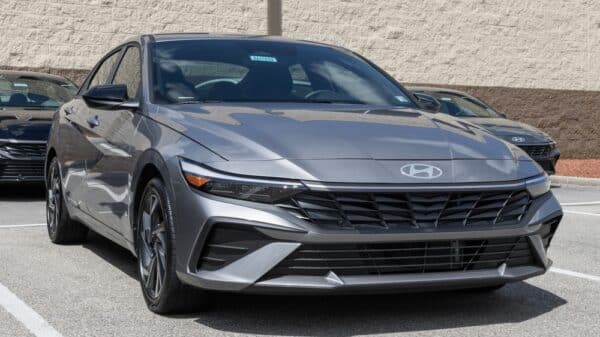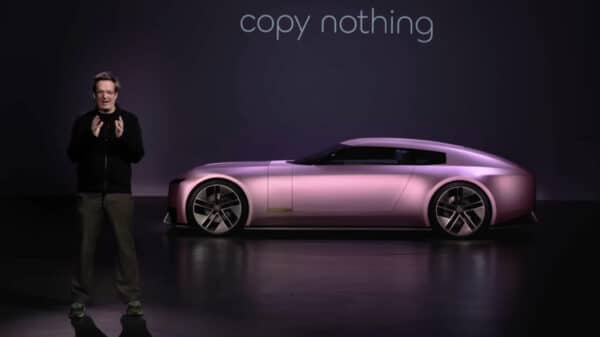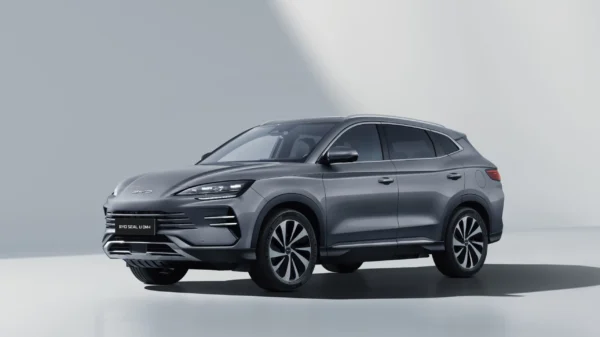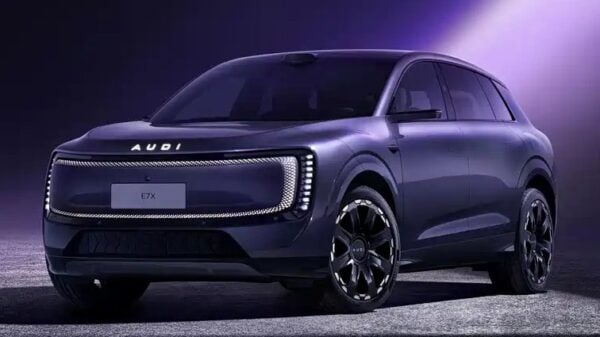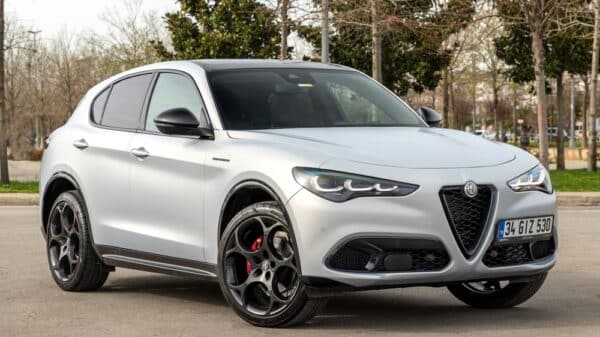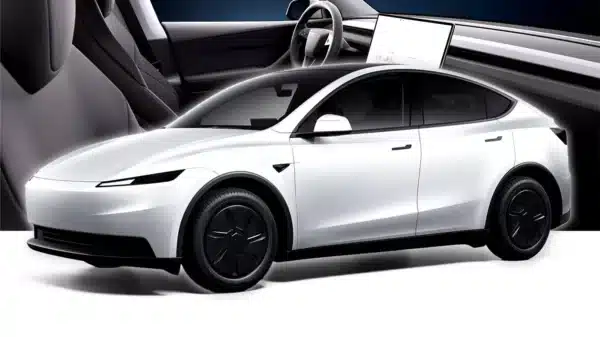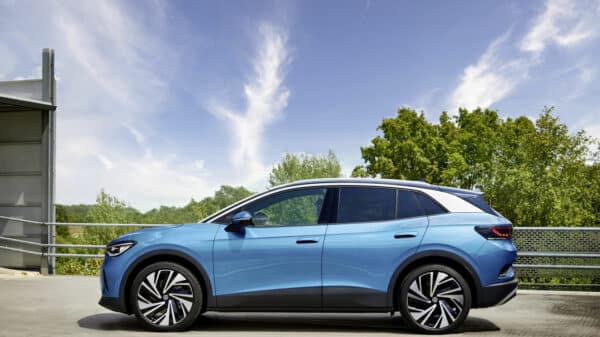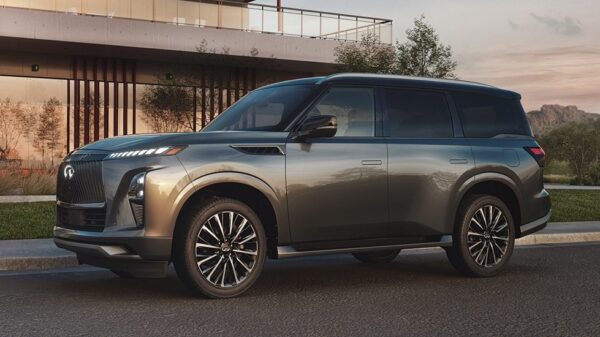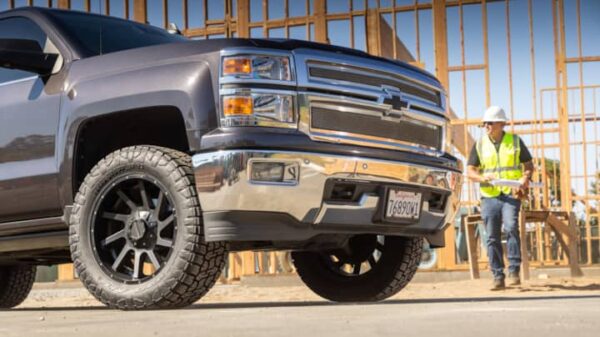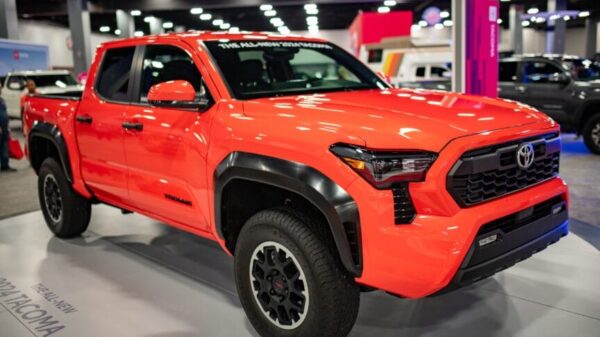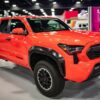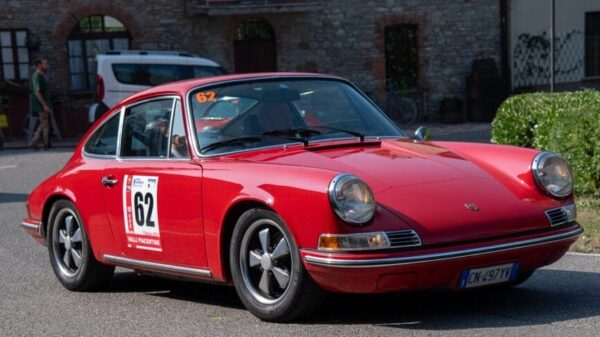While SUVs continue to dominate the roads in the U.S. and Europe, sedans are far from obsolete—especially if you turn your gaze toward China. Despite global automotive trends leaning heavily toward crossovers and SUVs, the traditional sedan has found a safe haven, and a thriving one at that, in the world’s largest car market.
China: The Lifeline of the Global Sedan Market
In 2024, China—including Hong Kong and Taiwan—accounted for over half of the world’s sedan sales, delivering 7.89 million units. That’s a 1% increase from the previous year, reaffirming China’s cultural and commercial attachment to sedans. Where many countries have shifted focus toward SUVs, the sedan remains a status symbol among Chinese consumers. It’s this deep-rooted preference that continues to justify significant investment from local automakers in a segment many Western manufacturers are scaling back on.
Who Else Is Buying Sedans?
Trailing far behind China, the U.S. and Canada still hold strong in second place with 2.63 million sedan sales in 2024, also seeing a modest 1% growth. Interestingly, Europe lags well behind, even being surpassed by regions like the Middle East (1.15 million units) and Latin America (921,000). In Europe, hatchbacks and wagons remain more culturally ingrained, explaining the shift away from sedans.
Other standout countries with high sedan sales penetration include:
- Uzbekistan: 60% of all cars sold were sedans
- Algeria: 48%
- Egypt: 47%
- Saudi Arabia: 46%
These numbers highlight regional preferences that continue to shape the global car market.
Who’s Winning the Sedan Race?
Toyota remains the undisputed global leader in sedan sales, moving approximately 1.75 million units in 2024, led by perennial favorites like the Corolla and Camry. However, even Toyota hasn’t been immune to shifting demand, noting a 7% decline in sedan sales as buyers gravitate more toward their SUV lineup.
Volkswagen also experienced a 4% dip, totaling 1.33 million sedans sold.
Meanwhile, Chinese automakers are experiencing meteoric rises. BYD climbed to the second spot with 1.51 million units sold—a staggering 78% increase—while Geely rose 36% with 919,000 units sold. Changan and Chery also posted strong double-digit growth, underlining how local brands are fueling the segment’s resilience.
Here’s how the top sedan sellers in 2024 stacked up:
| Rank | Brand | Units Sold |
|---|---|---|
| 1 | Toyota | 1.75M |
| 2 | BYD | 1.51M |
| 3 | Volkswagen | 1.33M |
| 4 | Nissan | 974K |
| 5 | Honda | 938K |
| 6 | Hyundai | 862K |
| 7 | Mercedes | 691K |
| 8 | BMW | 587K |
| 9 | Tesla | 560K |
| 10 | Geely | 528K |
| … | … | … |
Why It Matters
Industry experts like Felipe Munoz from JATO Dynamics point out that while sedans may appear to be on the decline in some parts of the world, they remain a vital part of the global automotive ecosystem—particularly in Asia and the Middle East.
China’s unwavering demand is not only keeping sedans alive but is also driving innovation in the segment. As automakers continue to cater to regional preferences, sedans are evolving—not vanishing. From luxury-focused options to tech-forward electric models, the humble sedan is proving that it still has plenty of road left ahead.
Commentary:
The global market may appear to be SUV-saturated, but it’s clear that sedans aren’t going quietly into the night. In fact, thanks to the strength of the Chinese consumer and the agility of local automakers, we may just be witnessing a sedan renaissance—just not in the places you’d expect.
Image Source: Unsplash







